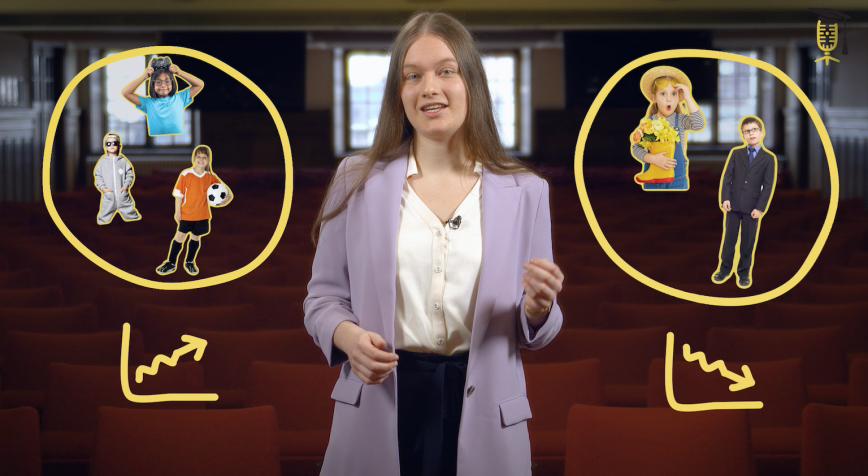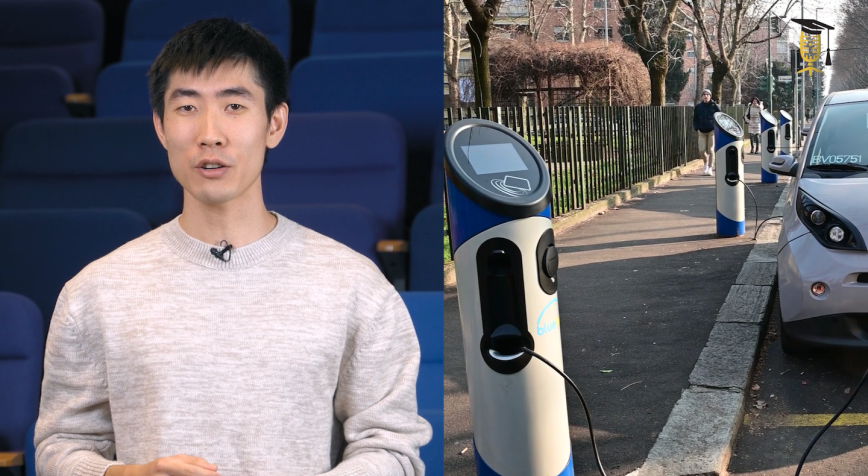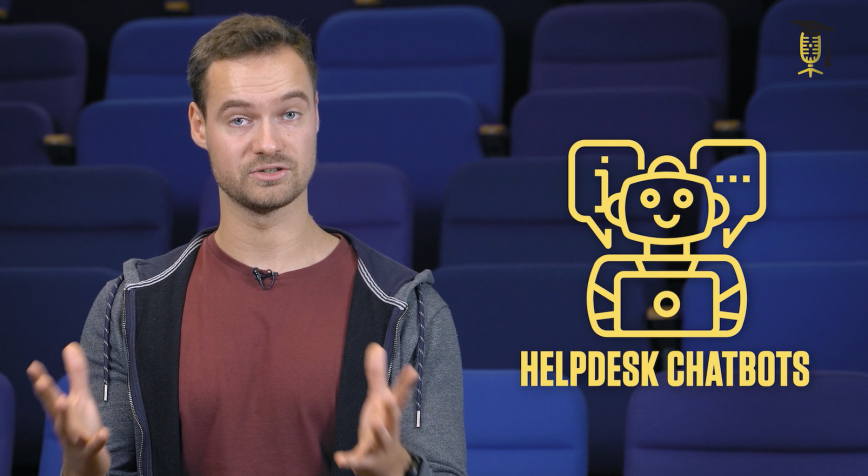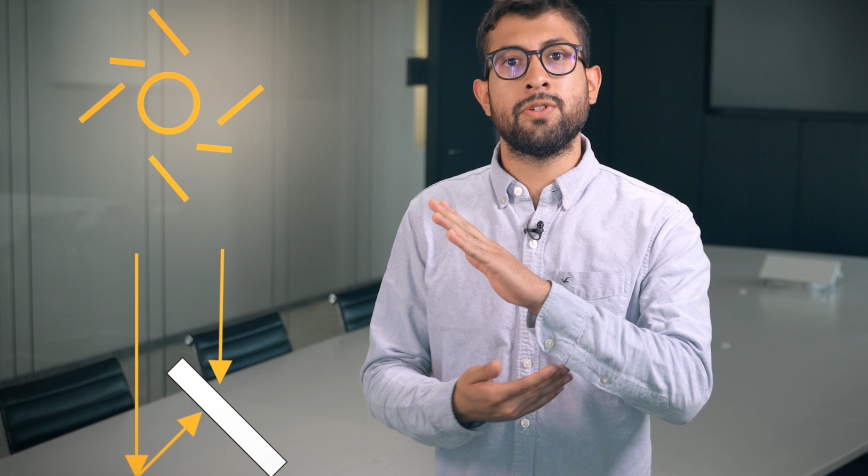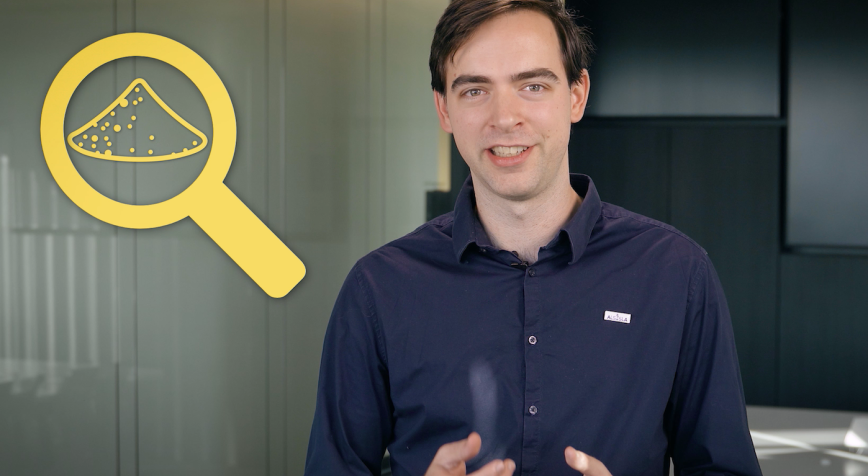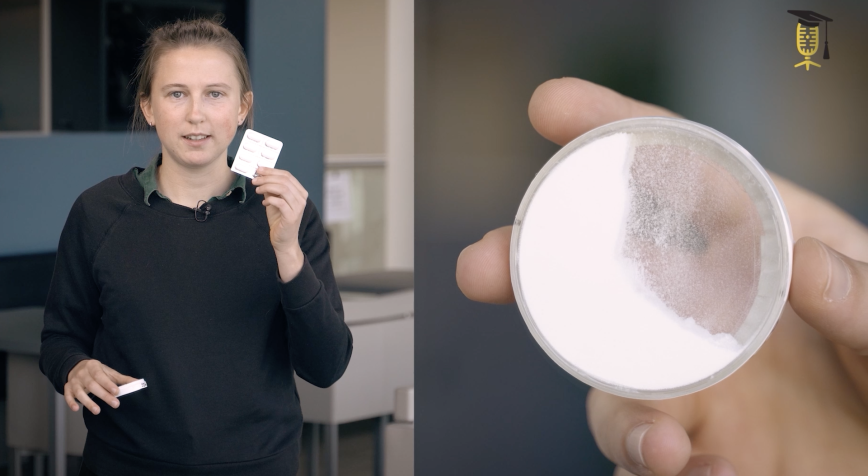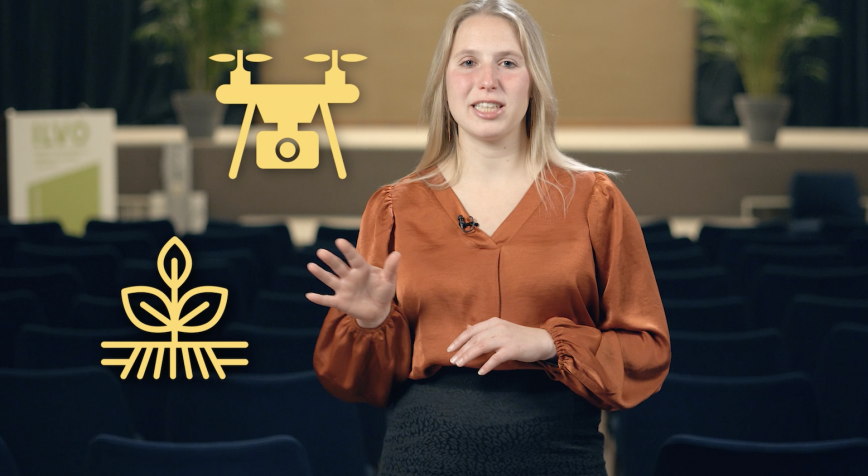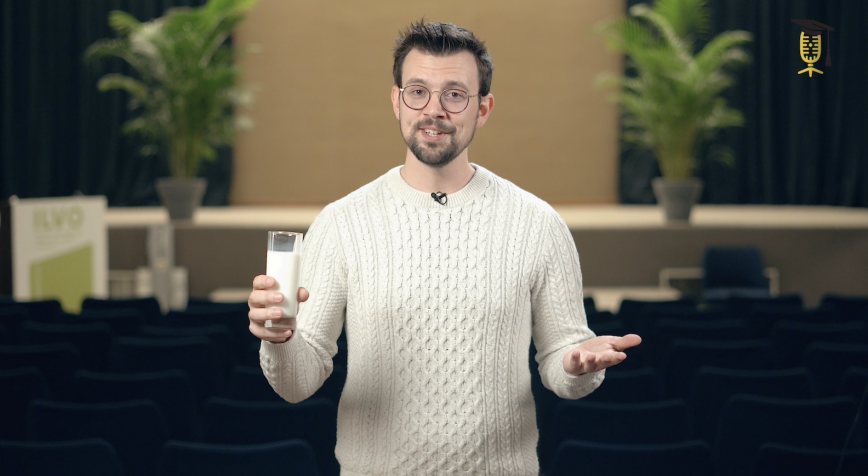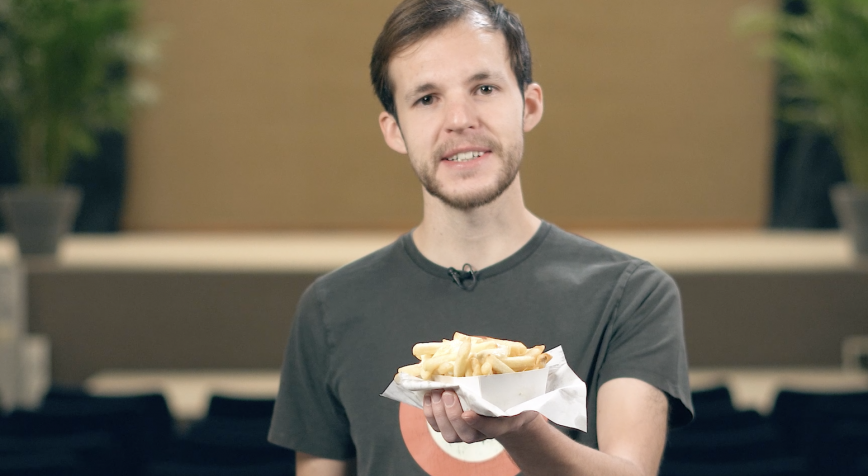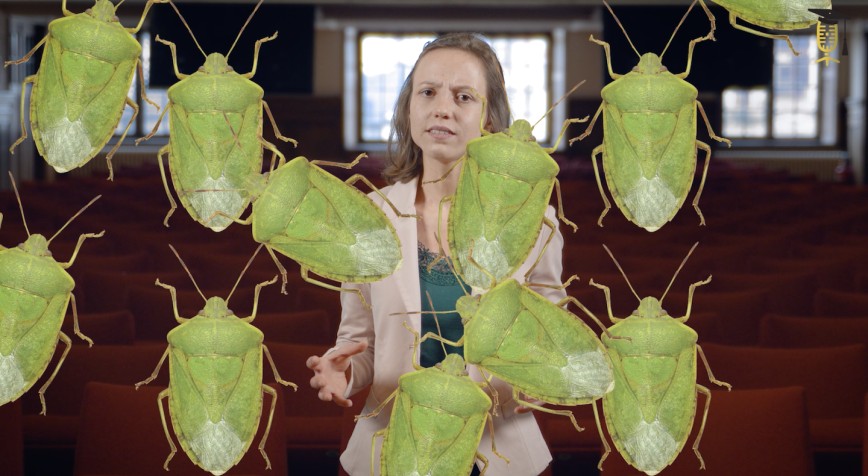
KU Leuven
Fighting the southern green stink bug
We are facing a little green problem: the southern green stink bug, an insect from Ethiopia, is on the rise in our country. And that's bad news for our vegetable growers. Fortunately, Margot Geerinck is working on a solution. The protagonists: ichneumon wasps & fungi!
